Russian President Vladimir Putin granted Ex-NSA whistleblower the now 39-year-old Edward Snowden citizenship, after fleeing the United States in 2013 due to violating the Espionage Act of 1917, unauthorized disclosure of U.S. national security and intelligence information, and, theft of government property – following Snowden’s efforts to raise concerns over unethical domestic surveillance.
After leaving his job in Hawaii for the NSA, Snowden initially flew to Hong Kong in May of 2013, where the initial documents revealing NSA domestic surveillance had been made public in June 2013 to a team of journalists. Following the release of the documents, Snowden flew to Russia, where has been staying ever since.
Snowden has previously worked for the CIA and Dell before his stint with the NSA. Previous to Russian President Putin granting Edward Snowden citizenship, Snowden had been allowed to stay in Russia temporarily, having been given asylum-based vias, the most recent of which was extended in 2020, granting him the ability to remain in Russia.
While Snowden is controversial, he did create a country-wide discussion about something only a few were talking about, or even knew about – The Patriot Act, and, more specifically, Section 215 of the Patriot Act – allowing the NSA to collect metadata on your phone transactions without no warrant or probable cause necessary. Time stamps, phone numbers, and other identifying information can be collected on phone calls for any reason whatsoever according to Section 215 of the Patriot Act, and this received very little debate until the whistleblowing efforts of Edward Snowden in 2013.
Edward Snowden has become a controversial character in American history. Some consider him to be a hero for the American people, helping to shed light on the government’s ability to technologically spy on your life without a warrant necessary. While others believe Edward Snowden is a criminal, who leaked government documents and put American security at risk.
The move comes as Moscow is mobilizing reservists for what the Kremlin calls a “special military operation” in Ukraine. In Russia, almost every man is considered a reservist until age 65, and officials on Monday stressed that men with dual citizenship are also eligible for the military call-up.
Snowden, however, has never served in the Russian armed forces, so he is not eligible to be mobilized, his lawyer Kucherena told the Interfax news agency. Having previous combat or military service experience has been considered the main criteria in the call-up.
Snowden leaked documents on the NSA’s collection of huge amounts of data passing through U.S. internet companies. He also released details about the classified U.S. intelligence budget and the extent of American surveillance on foreign officials, including the leaders of U.S.-allied countries. Snowden has said he made the disclosures because he believed the U.S. intelligence community had gone too far and wrongly infringed on civil liberties.
He also has said he didn’t believe the administration of former President Barack Obama, which was in office when he leaked the records to journalists, would act had he made an internal whistleblower complaint instead.
Snowden’s decision to turn against the NSA came when he used his programming skills to to create a repository of classified in-house notes on the agency’s global snooping and as he built a backup system for agency data, he wrote in his 2019 book “Permanent Record.”Reading through the repository, Snowden said he began to understand the extent of his government’s stomping on civil liberties and became sullen, “cursed with the knowledge that all of us had been reduced to something like children, who’d been forced to live the rest of their lives under omniscient parental supervision.”
He has since become a well-known speaker on privacy and intelligence, appearing remotely at many events from Russia. But he also remains controversial among members of the intelligence community, and current and former officials from both U.S. political parties say he endangered global security by exposing important programs.
The White House on Monday referred comment on Snowden’s citizenship to the Justice Department, citing the pending criminal charges.
The already controversial Edward Snowden may be in slightly more high water as a result of his accepting of Russian citizenship at a time when Russia is invading Ukraine. Snowden has remained silent on the Ukraine conflict.
Snowden has been given the ability to live as a free man by Russia, and now they’ve even extended citizenship to him and his family – including his wife and two children. Snowden likely feels he has no obligation to stand with the United States and the rest of the United Nations in a matter like this, especially when he is not a military expert himself.
In the past, Snowden has gone as far as to say that he would return to the United States of America, assuming it can be assured that he will receive a fair trial. Now with his newly-granted Russian citizenship, this could no longer be necessary.



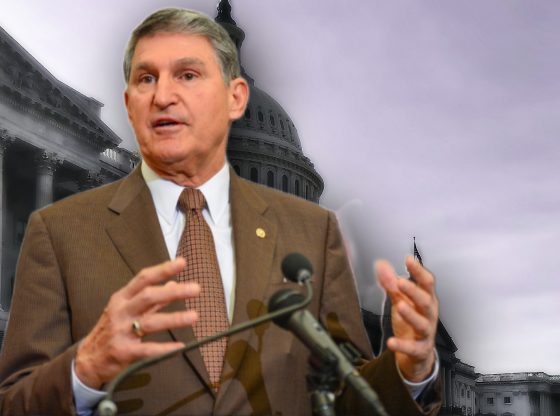
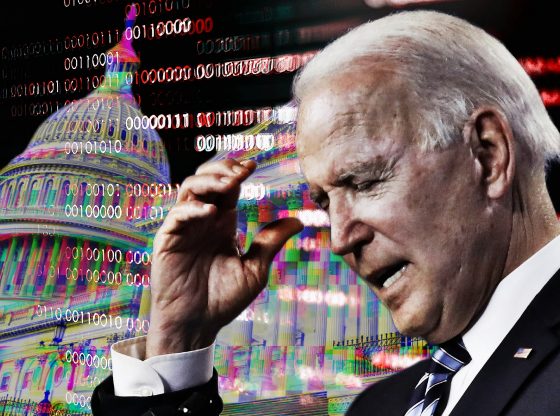
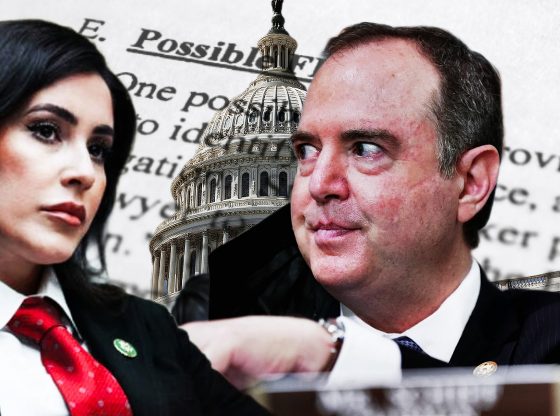

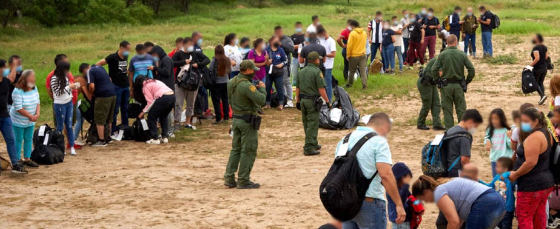
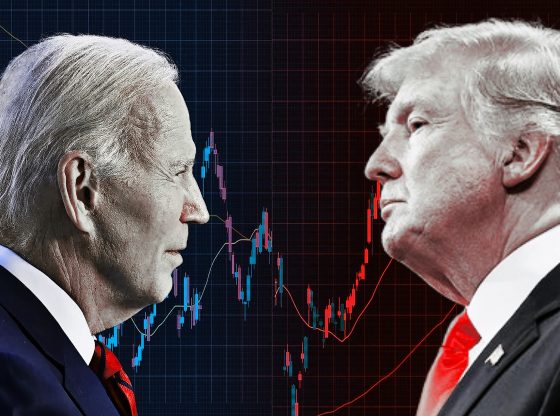






Now Putin can draft you into the army Ed! Good luck! I’m sure American jail is better than the Russian army.
Maybe, he’ll be conscripted to fight in the Russian army in Ukraine.
Hooray for Snowden unless knows info we should hear on Govt spying
Snowden doesn’t want a fair trial; he wants a trial with a directed verdict of not guilty. He KNOWS he is guilty, but he wants a jury to find him not guilty because he thinks he is above the law.
Russia wants him since he may have secrets on US??
Otherwise why have him
Has secrets Russia wants??
Now he can serve in the Russian Army! Good luck Ed!